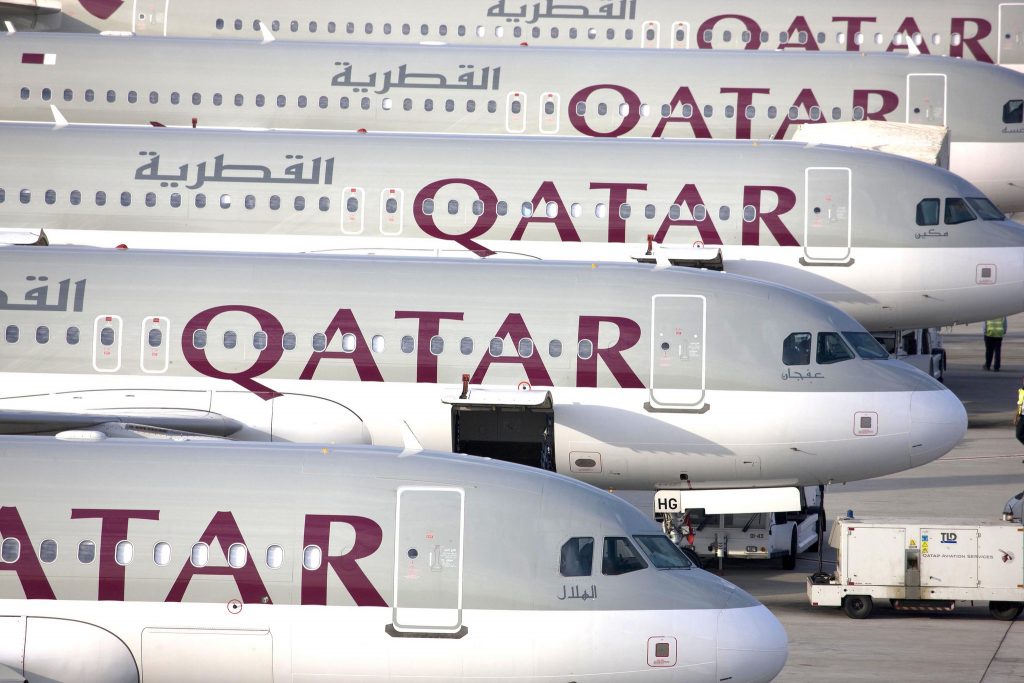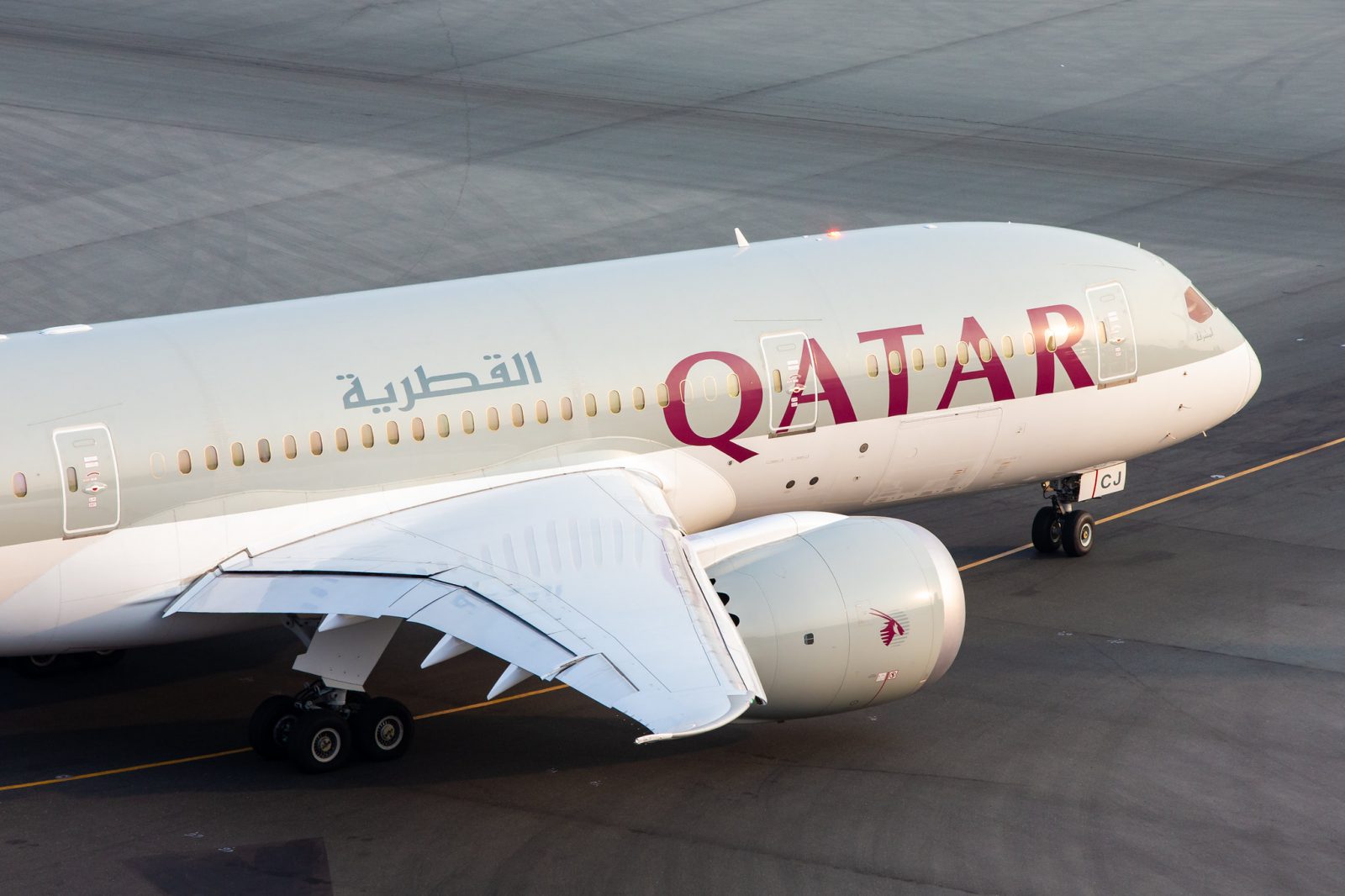Qatar Airways will seek at least $5 billion in compensation from Saudi Arabia, Bahrain, Egypt and the United Arab Emirates (UAE) over a controversial blockade that the quartet has imposed on the state of Qatar since June 2017. Last week, the International Court of Justice ruled that the UN’s aviation watchdog has the power to hear a case brought by Qatar over international use of airspace. The International Civil Aviation Organisation (ICAO) is likely to find that the blockade is illegal.
The Saudi-led bloc suddenly severed diplomatic ties with Qatar more than three years ago accusing the tiny Persian Gulf country of funding international terrorism and stirring unrest throughout the region with its support for Iran. Land, sea and air borders have been closed ever since and Qatar Airways remains banned from flying through the airspace of the blockading nations.

Qatar Airways sought a ruling from the Montreal-headquartered International Civil Aviation Organisation in late 2017 but the blockading nations argued ICAO had no jurisdiction over the case and took their fight all the way to the ICJ in the Hague.
Akbar Al Baker, chief executive of Qatar Airways said the airline had made “substantial investments” in the four blockading nations before suddenly being banned from doing business. Qatar Airways says the measures taken by the quartet “specifically targeted” the airline “with the objective of shuttering Qatar Airways’ local operations, destroying the value of the airline’s investments and causing widespread damage to Qatar Airways’ global network of operations.”
The government-owned parent company of Qatar Airways now says it will seek at least $5 billion compensation through four investment arbitrations. The airline will use three separate treaties to access their right to win compensation.
“After more than three years of efforts to resolve the crisis amicably through dialogue yielded no results, we have taken the decision to issue Notices of Arbitration and pursue all legal remedies to protect our rights and secure full compensation for the violations,” commented Al Baker on Wednesday.
“The blockading states must be held accountable for their illegal actions in the aviation sector, which includes a failure to comply with their obligations under bilateral agreements, multilateral agreements and international law,” he continued.
The United Arab Emirates (UAE) said last week that it would continue to fight the legitimacy of the blockade, arguing it was necessary to protect the region from international terrorism.
Qatar will return to ICAO in order to seek a ruling that Qatar Airways be allowed to fly through the airspace of the blockading nations. The claims for compensations are separate and Qatar has not said where it will seek to have these cases heard.
Related
Mateusz Maszczynski honed his skills as an international flight attendant at the most prominent airline in the Middle East and has been flying ever since... most recently for a well known European airline. Matt is passionate about the aviation industry and has become an expert in passenger experience and human-centric stories. Always keeping an ear close to the ground, Matt's industry insights, analysis and news coverage is frequently relied upon by some of the biggest names in journalism.








